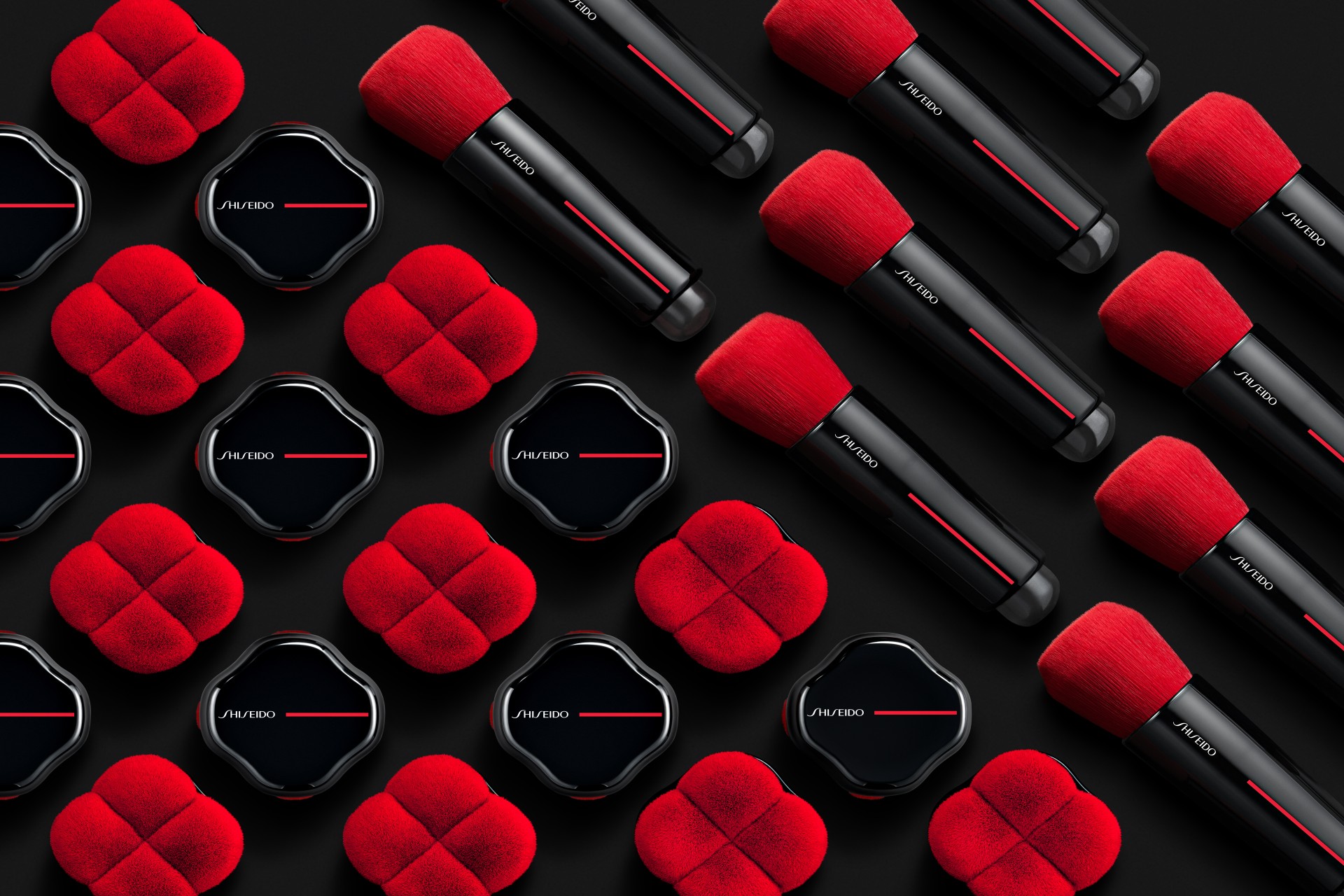The Future of Work
Share
Viewing the COVID-19 Pandemic through Business Leaders’ Lenses: Get Ready for a Very Different Future
Graduation ceremonies will look very different this year. For the cohort of 2020, the long-anticipated milestone that is usually brimmed with ideals for the endless possibilities ahead, is now tampered with great uncertainty.
The COVID-19 pandemic has virtually grounded the global economy to a halt. In the opening remark at LIT DISCOvery, an online career symposium organised by Young NTUC, powered by National Youth Council and supported by Influential Brands, Deputy Prime Minister and Minister for Finance Heng Swee Keat acknowledged that for youths and young adults, this is a challenging time to come of age.
Held in an extraordinary time, LIT DISCOvery was brought virtual for the first time on 10th June 2020, with the intent to help youths secure jobs, build resilience and better navigate the employment landscape in a post-COVID-19 world.
Despite the road ahead being fraught with unprecedented challenges, Mr Heng assured the 800 youth attendees present that Singapore will ensure there is no “lost generation”.
“This pandemic will fade at some point, but the world that emerges from this crisis will be a very different one. COVID 19 has accelerated digital transformation, exposed global supply chain vulnerabilities and changed how we work,” he added.
Beholding the Future of Work
The pain of change is made bearable with the understanding that it is for the better.
Digitalisation is an inevitable reality that has been procrastinated upon society’s inertia towards change. The pace in which a community advances in digital adoption is determined by the speed it overcomes such resistance. None can deny that the virus has acted as a catalyst in expediting this process.
Mr Ricky Lim, Group Chief Executive Officer (CEO) and Managing Director of NETS, who witnessed first-hand such a trend in the last 8 to 12 weeks said that once people experience the convenience and the speed of digital convergence, they almost never revert to their old ways.
So, the digital is here to stay for the permanent. The same concept applies not only in the context of cashless payments but also work mobility. If working from home (WFH) is a trend to be extrapolated beyond the Circuit Breaker period, the question beckons: How do we digitalise employer-employee relationships in a remote working world? Is that even possible?
“For the remote working to be sustainable and successful, we must also redefine what constitutes success at work as an employee. Instead of assessing performance based on the availability and the hours put in, companies need to measure success increasingly on the outcome of employees’ work. This is not easy for most bosses, given that they see less of their staff,” said Mr Lim.
Employees and employers alike can consider setting clear goals, work ethics and regular checkpoints that can be supervised as a way to build trust and assurance, which are critical in working remotely.
Thriving Amidst Weak Labour Market
To dismayed job seekers who have been diligently sending in résumés but have not heard back, Mr Lim’s counsel as one who has gone through several down cycles in the economy, is to press on and stay positive.
“For anyone fresh starting out, my advice at this time is to get some experience first, any experience. While it may not be your ideal job, it is important to immerse yourself in the role, to learn about how to deal with people, getting new work skills and also testing yourself against what is expected of you. This will not only keep you focused, and keep your spirits up, but what will further allow you to build for the next role,” he said.
To put it succinctly, now is not the time to be picky.
Other keynote speakers such as Mr Seah Chin Siong, President and CEO of Singapore Institute of Management, concurred on the importance of building a repertoire of skills for job seekers.
As the former Country Managing Director of Accenture and Founding CEO of Infocomm Development Authority of Singapore (IDA), Mr Seah left many attendees jaw-dropped when he unveiled his educational background. It is certainly hard to reconcile an accountancy degree holder with an outstanding career in the tech industry. There is seemingly no link between the two.
The recipe is simple: long hours of hard work and self-learning to bridge the gap knowledge and skills gap. The emphasis of his advice is very much centered around the idea of ‘mastery’.
“One thing I have learnt in the early years of my career and (has) helped me to stand out is to be known for something that you’re really good at.”
Staying Relevant with Timeless Qualities
“Some things in my view (and) experience will continue to remain as important factors for success: skills, knowledge, commitment and values…That’s what I look for when I hire a candidate,” said Mr Seah.
Whilst the employment landscape is recalibrating at a faster speed than most of the workforce can adapt, there are timeless qualities valued by employers. If one could resist the urge to dismiss the following statement as a cliché, they will be well poised for a sturdy career ahead.
“When we hire someone these days, we look for life skills besides academic qualifications. What is increasingly important, is to determine if a candidate has the requisite, leadership, problem solving mentality and execution capabilities for today’s complexity. The ability to communicate and collaborate with people to get outcomes are characteristics that we look for,” remarked Mr Lim, from the perspective of a hirer.
“Be also curious and savvy with digital platforms and tools. Employers will love a digitally ready candidate who will help them traverse the new world.
“Last but not least, and I cannot stress this emphasis enough: build your network, get to know people, expand your contacts and cultivate relationships. You’ll never know how they can help you in various situations and even get you your dream job. This is an essential (for) doing well in a business world,” he concluded.
Building Emotional Resilience to Overcome Adversity
As a closing keynote, Ms Lim Ming Pey, Managing Director, Organisation & People and Strategy Office of Temasek International, broached the subject of mental wellness that has been gaining traction in recent years. She noted that the need to focus on mental health and emotional resilience is more relevant now than ever as we rethink the way we work and connect with each other during these challenging times.
She shared some of Temasek’s staff initiatives to help raise awareness and stressed the importance of self-care and mental wellness. She also noted that even in the absence of institution-led wellness programmes, everyone should find ways to “create work life balance for themselves” by setting boundaries, pursuing personal interests and undertaking activities which help them to recharge and refocus.
Recognising that there has been a heightened awareness of mental illness issues in recent years, she said we can do more to help create greater acceptance and support for recovering mental health patients – such as through volunteering with mental health-related causes. This serves as a foundation for us to build a more resilient, harmonious and inclusive society.














